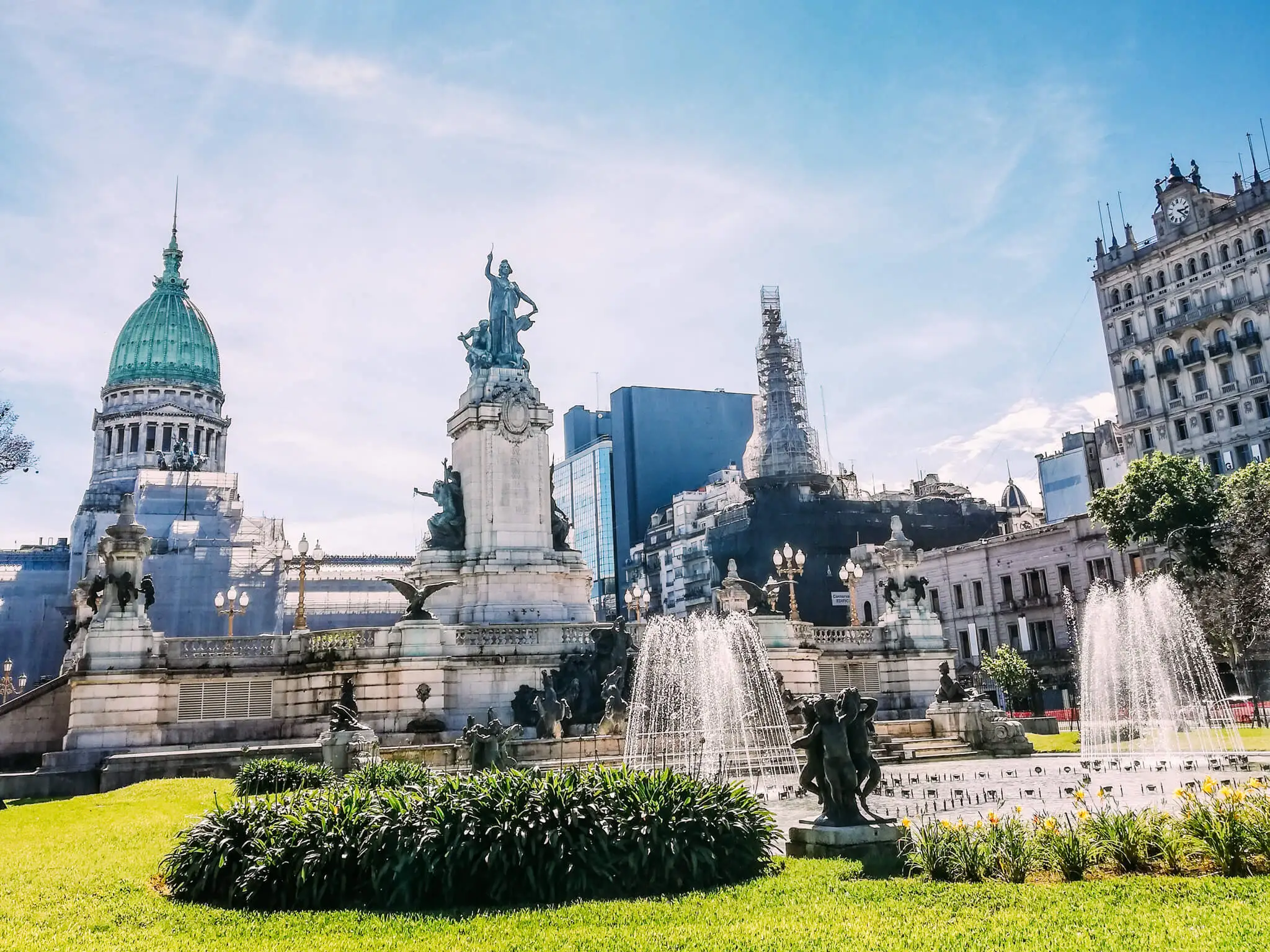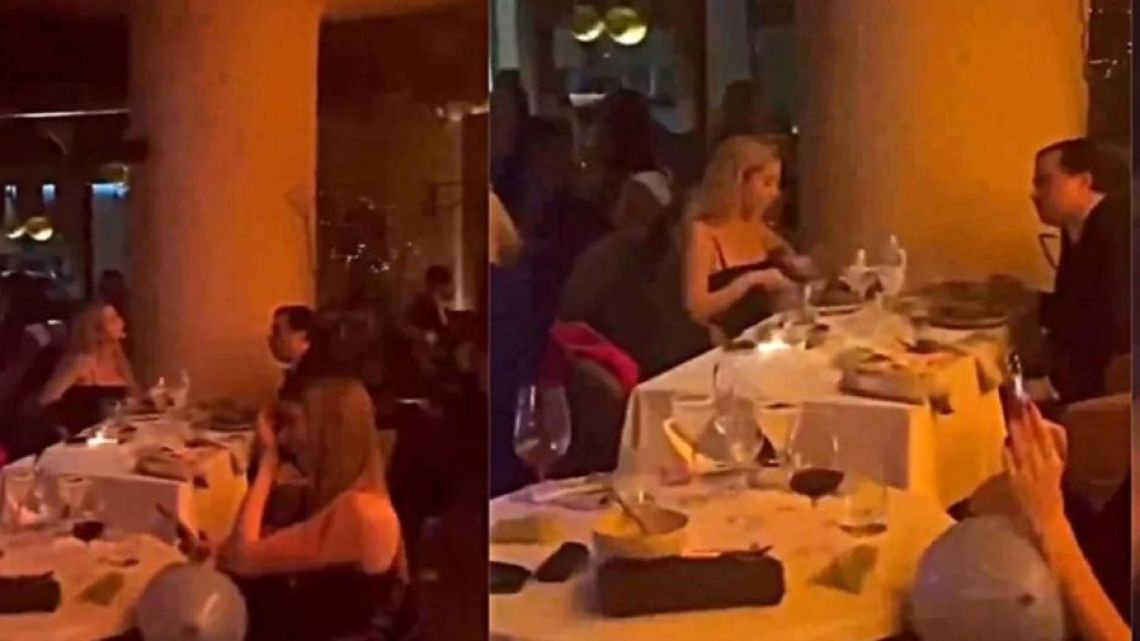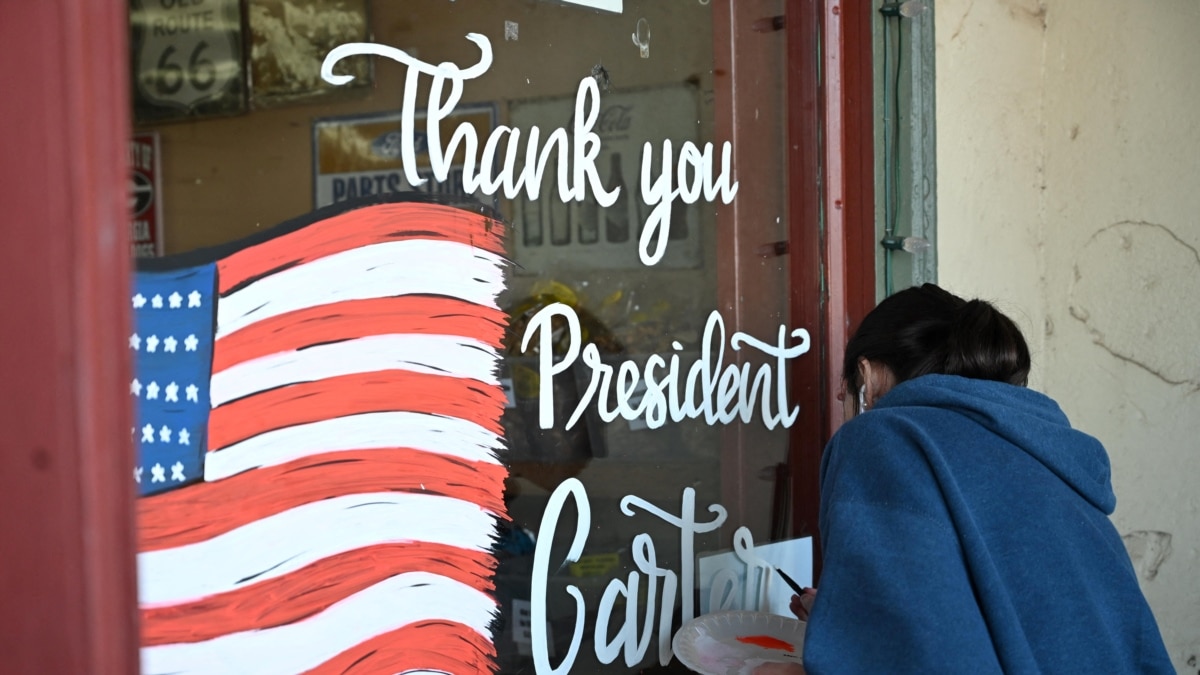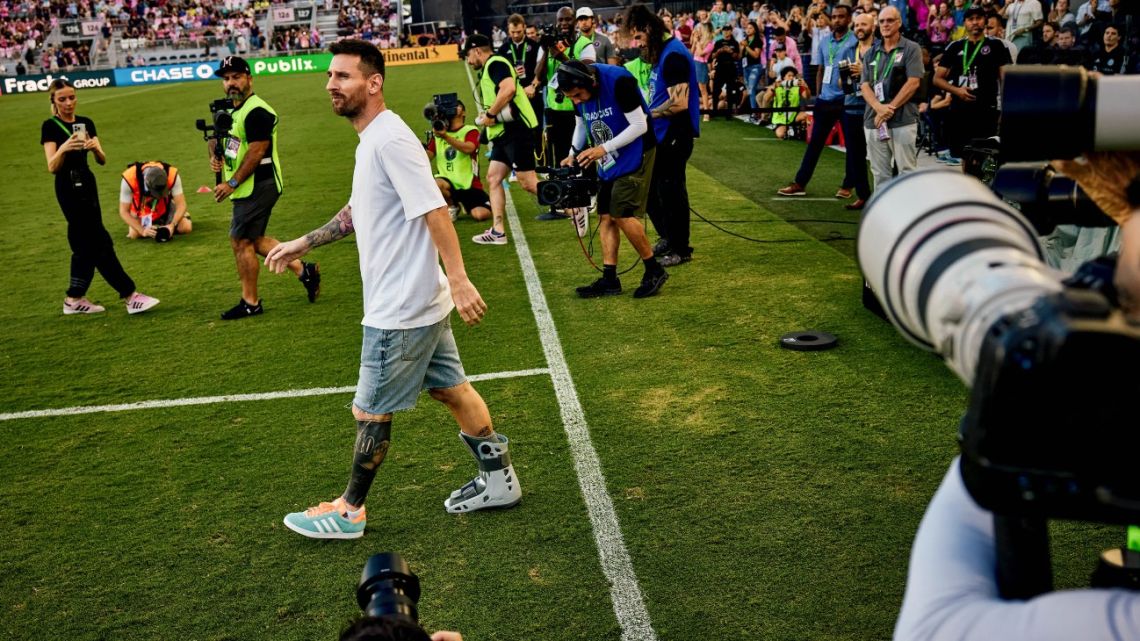Venezuela’s ruling party tightens its grip as Nicolás Maduro prepares to start his new term. The government warns of severe consequences for any attempts at insurrection or invasion.
This information comes from recent statements by Venezuelan officials and observations of the current political climate. Maduro’s administration remains on high alert following the controversial July elections.
The president, displeased with inaccurate campaign information, now keeps his government in a state of maximum tension. He leaves nothing to chance, especially regarding his January 10 inauguration.
The regime analyzes various scenarios, including military uprisings and potential invasions. They even consider the possibility of Edmundo González Urrutia, the opposition’s claimed winner, entering Venezuela.
However, these scenarios seem unlikely, with Maduro’s inauguration expected to proceed smoothly. Government officials project an image of strength. Diosdado Cabello, now Interior Minister, recently appeared firing a rifle in a show of force.
(Commentary: Behind the Rifles – Venezuela’s Charged Transition)
He warns that anyone threatening Venezuela will “pay dearly.” Cabello claims 20,000 special forces personnel are deployed nationwide with top-tier defensive weapons.
Rising Tensions in Venezuela
Military presence has increased, with rapid reaction units joining patrols. Defense Minister Vladimir Padrino and Cabello publicly delivered armored vehicles to the National Guard.
Caracas streets now see more police checkpoints and masked men with long guns, creating an intimidating atmosphere. The government uses recent arrests of foreigners to support its narrative of international threats.
Detainees include three Americans, two Spaniards, and an Argentine gendarme. Officials link these arrests to alleged “terrorist plans” against Venezuela.
Chavismo now connects criminal gangs like Tren de Aragua to the opposition. This move aims to criminalize opposition support groups, leading to over 2,000 arrests.
Cabello declares 2025 as the year to fight “organized crime gangs used by fascism.” Opposition leader María Corina Machado, from an undisclosed location, calls for continued street mobilization.
Edmundo González, in exile, emphasizes constitutional principles and popular sovereignty. Both leaders encourage citizens to defend democratic rights. The ruling party plans to mobilize supporters before and after January 10.
They promise to fill ten Caracas avenues on inauguration day. Cabello urges supporters to take to the streets, claiming victory over opponents “by fair means and foul.” The government recently released over 1,400 prisoners.
This move was possibly aimed at attracting more international representatives to Maduro’s inauguration. However, the level of foreign attendance remains uncertain. As the inauguration approaches, tension and vigilance persist in Miraflores Palace, the seat of government.

 By The Rio Times | Created at 2025-01-03 23:40:58 | Updated at 2025-01-06 04:14:16
2 days ago
By The Rio Times | Created at 2025-01-03 23:40:58 | Updated at 2025-01-06 04:14:16
2 days ago








